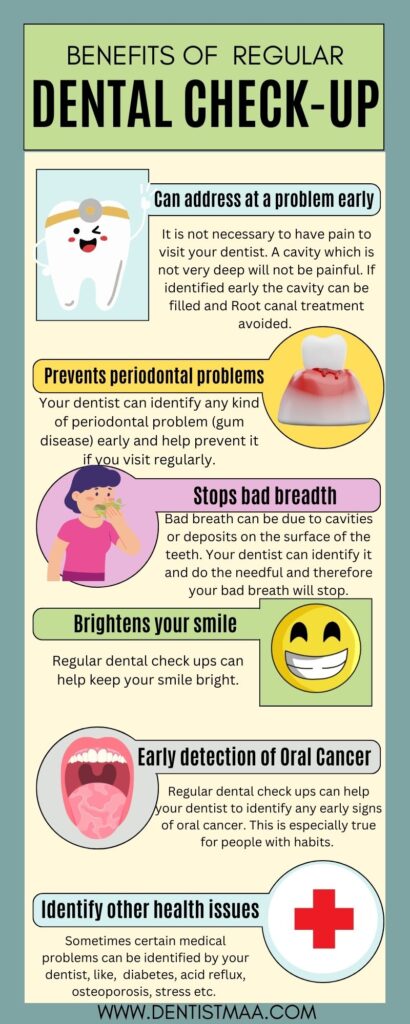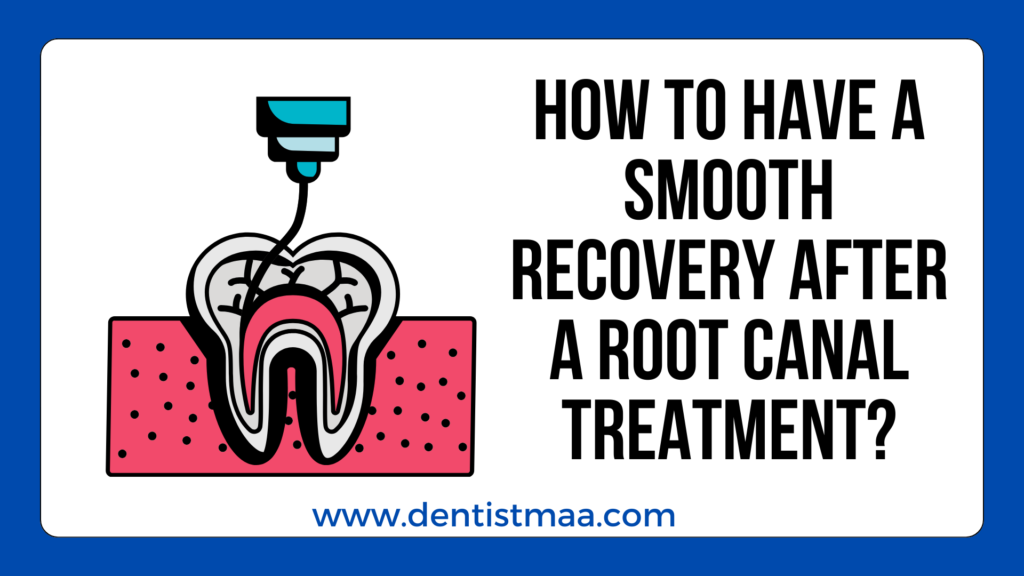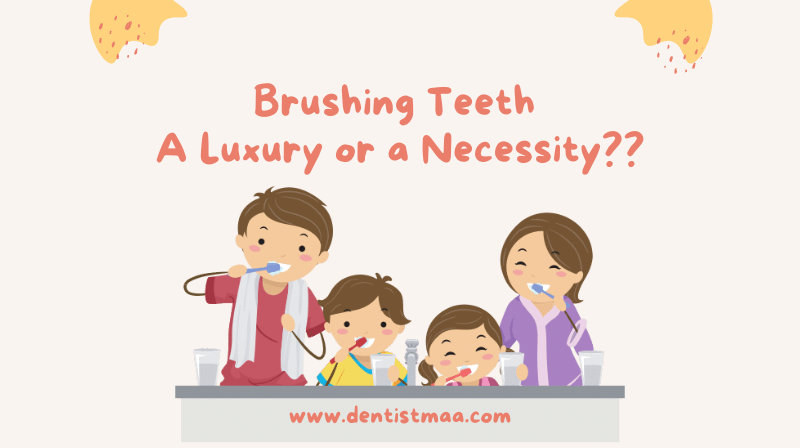Root canal therapy stands as a pivotal dental procedure, often invoked to salvage a tooth that has succumbed to severe decay or infection. While the procedure itself is crucial, post-procedure care is equally vital to ensure a smooth and effective recovery. This comprehensive guide aims to provide you with essential tips and insights for post-root canal care.
Table of Contents
Comprehending the Root Canal Process
Before delving into post-procedure care, it’s important to understand what a root canal entails. This procedure involves the removal of the infected or inflamed pulp from inside the tooth, followed by cleaning, disinfecting, and shaping the root canals, and finally sealing the space with a filling or crown. This treatment is crucial for preserving a tooth that might otherwise need to be extracted.
Immediate Post-Procedure Care
Pain Management
It’s normal to feel a little uncomfortable during or after a root canal. Your dentist will likely suggest over-the-counter medications like acetaminophen or ibuprofen. It’s vital to follow the dosing directions advised by your dentist or the medication’s packaging.
Rest and Recovery
Rest is a key component of recovery. On the day of your procedure, plan to take it easy. Avoid strenuous activities as they can increase bleeding and swelling. But, you can continue with your routine work.
Eating Habits
Immediately following your root canal, stick to soft foods and liquids to avoid biting down hard on the treated tooth. Foods like yoghurt, soup, and applesauce are good choices. As your tooth heals, you can gradually reintroduce harder foods. It is better to get a crown or a cap done over the treated tooth as it helps in saving the tooth for a longer time.
Long-Term Care and Maintenance
Oral Hygiene
Maintaining good oral hygiene is crucial after a root canal. Brush twice a day, floss daily, and consider using an antiseptic mouthwash for a few days. This helps prevent further infections and maintains the health of your treated tooth and surrounding teeth.
Avoiding Certain Habits
After a root canal, the tooth loses its strength. To protect your root canal-treated tooth, avoid habits like chewing on ice or hard candy, which can cause damage. If you grind your teeth, consider getting a night guard to protect your teeth while you sleep.
Regular Dental Visits
Follow-up visits to your dentist are essential. They will monitor the healing process and ensure that the infection is completely eradicated. Regular check-ups and cleanings are also important to maintain overall dental health. Visit your dentist whenever he or she calls you for a check-up.

Understanding Potential Complications
While most root canal treatments are successful, it’s important to be aware of potential complications. These can include:
- Persistent pain or swelling: If pain or swelling persists for more than a few days, contact your dentist.
- An uneven bite: If your bite feels uneven after the procedure, you may need a simple adjustment.
- A cracked or loose filling or crown: The restoration placed on your tooth can sometimes become damaged or loose.
When to make a Dental Appointment
Make quick contact with your dentist if you encounter:
- Excruciating pressure or discomfort that lasts more than a few days
- Notable edema surrounding or inside your mouth
- A drug allergy that manifests as a rash, hives, or itching.
- The return of original symptoms
Myths and False Beliefs Regarding Root Canal Therapy
Misconceptions about Pain
A prevalent misperception is that root canal procedures are excruciatingly painful. However, with advancements in technology and anaesthetics, most patients say the process did not hurt at all. You might feel a little discomfort and nothing more.
Extraction Alternative
Some people believe that extracting a tooth is a better option than a root canal. However, tooth extraction can lead to other dental issues, like misalignment of the remaining teeth and difficulties in chewing. A root canal is a preferable option to save the natural tooth.
Embracing a Positive Mindset
Recovering from a root canal procedure is not just about physical care; it’s also about maintaining a positive and proactive mindset. Understanding that this procedure is a step towards better oral health can help alleviate any anxiety or concerns. Remember, a root canal treatment is a positive action, a commitment to preserving your natural tooth and preventing further dental complications.
Nutrition and Hydration
Good nutrition plays a crucial role in healing. Focus on a balanced diet rich in vitamins and minerals to support your body’s healing process. Foods high in Vitamin C and calcium are particularly beneficial for dental health. Staying hydrated is also essential. Water aids in the healing process and helps keep your mouth clean. Do not think you need to avoid eating just because you had a root canal treatment done. You can use the opposite side to chew.
Managing Swelling
Some swelling is normal after a root canal but can be managed effectively. Applying a cold compress with some pressure to the face in the area of the procedure can help reduce swelling and provide relief. Use the compress in intervals of 15 minutes on and 15 minutes off.
Understanding the Healing Timeline
Healing times can vary depending on the individual and the complexity of the procedure. Generally, discomfort and sensitivity should diminish within a few days to a week. But it’s crucial to exercise patience with your body and give it the time it requires to recover properly.
Long-Term Tooth Care
After a root canal, the treated tooth may be more brittle than your other teeth. Discuss with your dentist the best long-term care for your tooth. This might include a crown to provide extra protection and strength.
Final Thoughts
Recovering from a root canal is a journey that requires patience, care, and attention. By following these guidelines, you can ensure a smooth and effective recovery. Remember, every step you take post-procedure is a step towards reclaiming your oral health and comfort. Your commitment to following these care instructions not only aids in your recovery but also contributes to the longevity of your root canal treatment.
A root canal is more than just a dental procedure; it’s a vital intervention that can save your tooth and enhance your overall quality of life. By embracing the recovery process with diligence and care, you’re investing in your long-term dental health and well-being. Keep in close contact with your dentist, and adhere to their advice, and you’ll be on your way to a successful recovery and a healthier, happier smile.
Related: Post Root Canal Instructions




